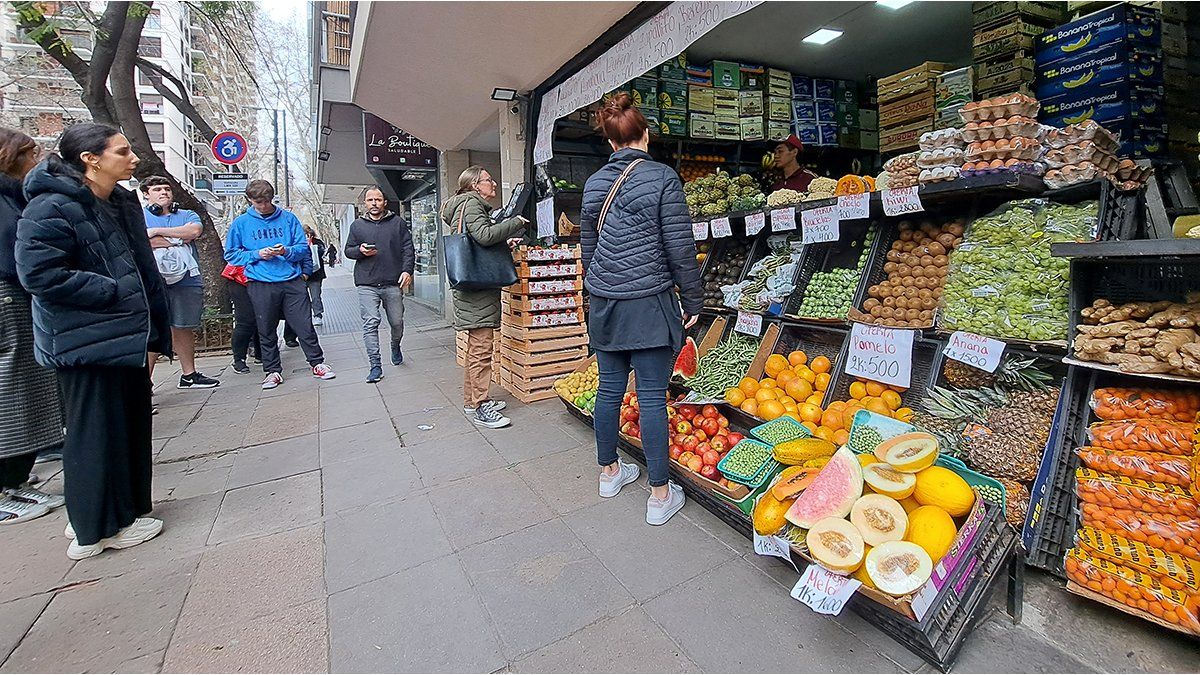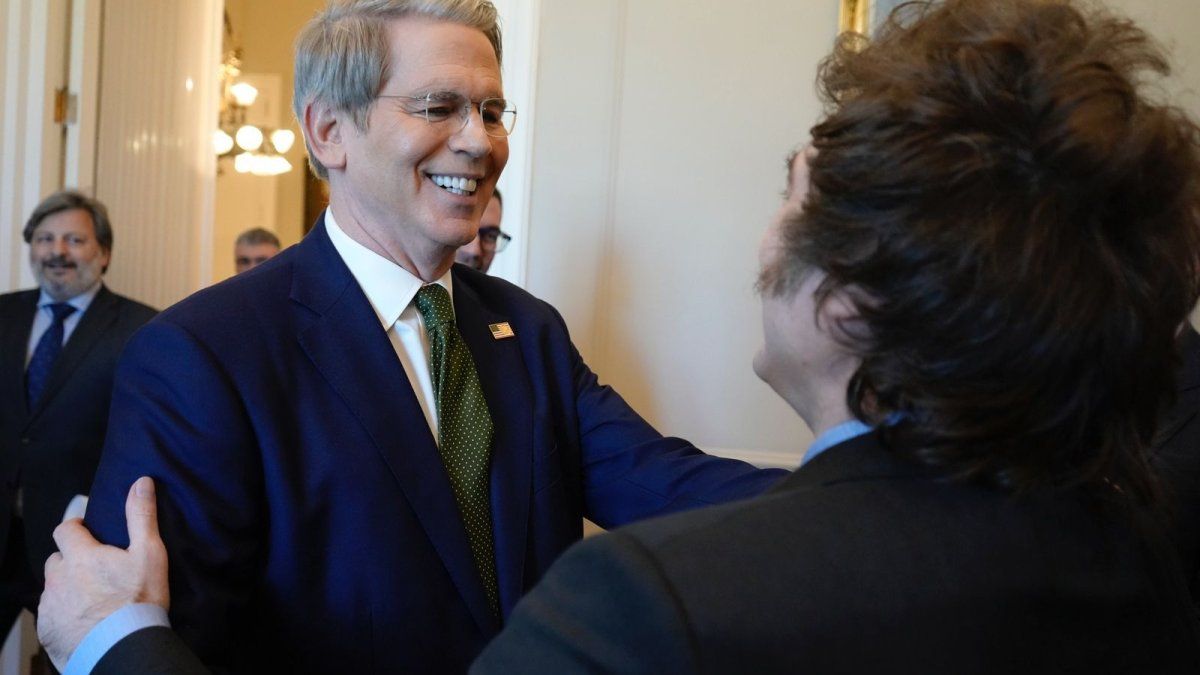The CPI rose 6.3% in July, which represented an increase of 0.3 points compared to June, when it stood at 6%. Thus, during the first seven months of the year, retail inflation was 60.2% and 113.4% in the last 12 months.
Thus, the Buenos Aires price index accumulated a rise of 79.8% in the first eight months of the year and a year-on-year variation of 127.3%.
Surveys of private consultancies
Despite the Government’s efforts to establish new price agreements, private consultants they estimate a inflation around 11% for Augustproduct of the impact of the devaluation in the prices and the political uncertainty after the PASSED.
The acceleration of the CPI, which occurred especially in the second half of the month, left a high floor for September. So analysts already anticipate that this month, as a result of the “drag effect”, inflation could return to around double digits. And, although the measures adopted by the Government could contain part of the increases, going forward they warn of other factors that will add pressure to prices.
For example, as summarized by the consulting firm C&T, “Prices had already been showing an acceleration since the second half of July, but there was an additional change in dynamics after the jump in all exchange rates on August 14.” “This meant that, comparing the last week of the month against the same week in July, there was an increase of 14.7%, much higher than the average figure for the month, and which leaves a drag of 5% for September,” they explained from the signature.
“For September we expect a second month with double-digit monthly inflation,” they summarized from Ecolatina, and they detailed: “The drag of the second fortnight resulting from the shock that the surprising result of the PASO meant, together with a high pass-through of the recent discrete jump in the official exchange rate and the exacerbation of the uncertainty that this change of scenario, will imply that the dynamics of price increases remain high and unstable.”
In that sense, the consulting firm pointed out that “the upward risks are many, taking into account an inertia that is consolidated on higher floors, the instability generated by the absence of anchors, the shortage of foreign currency, the lack of a comprehensive plan to lower inflation, the distortion of relative prices and the lack of confidence of the Government to coordinate expectations amid the uncertainty generated by the current electoral panorama.”
Source: Ambito




